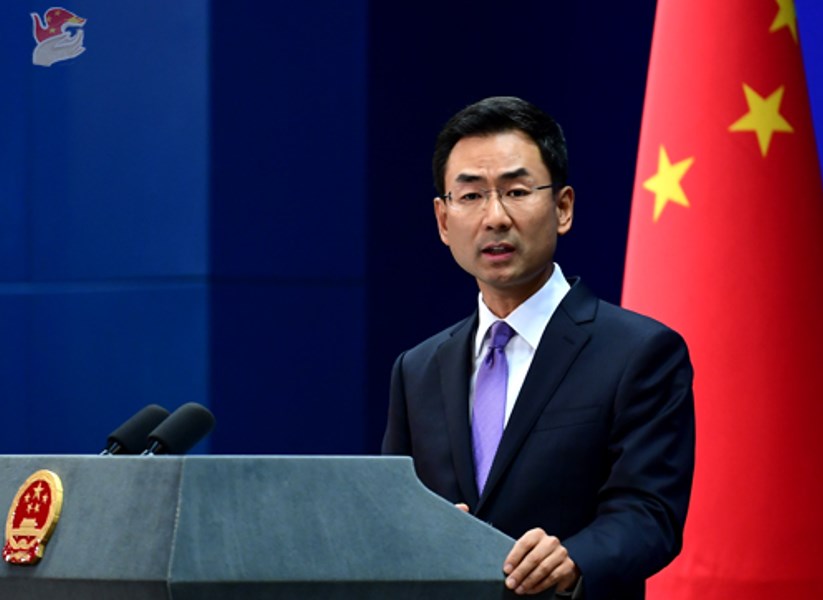by Eva Xiao
China and Australia clashed on Friday over the detention of an Australian-Chinese writer who is held in Beijing on national security grounds – the latest source of tension between the two countries.
Canberra said it was “deeply disappointed” with the criminal detention of Australian author and democracy advocate Yang Jun, who was detained in January after making a rare return to China from the United States.

Beijing hit back and said it “deplores” the remarks made by Australian Foreign Minister Marise Payne, who had also demanded Yang’s release if he was held for his political views.
“China… urges the Australian side not to interfere in China’s lawful handling of the case in any way and stop issuing irresponsible remarks,” said Chinese foreign ministry spokesman Geng Shuang at a press briefing in Beijing.
The detention of the Australian writer, who goes by the pen name Yang Hengjun, has strained relations between the two governments, with Canberra voicing its concern over the lack of transparency around Yang’s case.
On Friday, Payne said in a strongly-worded statement that the government had raised Yang’s case repeatedly with Beijing and written twice to Foreign Minister Wang Yi requesting a “fair and transparent” resolution, as well as access for Yang to his lawyer.
“This has not occurred,” she said.

“The government has expressed concern about Dr Yang’s welfare and the conditions under which he is held,” she added.
Payne also said she had still not received clarification as to why Yang was being held, though Australia received confirmation on Friday that the writer had been transferred to criminal detention, apparently on national security grounds.
Yang’s lawyer, Mo Shaoping, told AFP on Thursday that his client’s family picked up a formal notice in Beijing that said Yang is suspected of endangering state security and was being moved to a detention centre in the capital.
Rising tensions
Until this week, Yang had been held under “residential surveillance at a designated location” (RSDL), a form of detention that allows authorities to hold people for serious crimes.

The foreign ministry in Beijing had said when Yang was detained in January that he was suspected of endangering “China’s national security” – which often implies espionage allegations.
Australia has traditionally been keen to avoid friction with its biggest trading partner, but tensions have escalated over security concerns and China’s growing presence in the Pacific.
Australia notably angered Beijing when it banned Chinese tech giant Huawei from participating in its 5G network last August over security fears.
Earlier this week Australia challenged China’s treatment of its Muslim Uighur minority by calling on Beijing to allow a Uighur woman and her Australian child to leave the country.

Payne’s statement on Friday marked a sharp increase in rhetoric over Yang’s detention after months of more quiet diplomacy.
“We have worked tirelessly and in good faith with the Chinese government to advocate for Dr Yang’s interests since he was detained,” she said.
“We expect basic standards of justice and procedural fairness to be met.”
